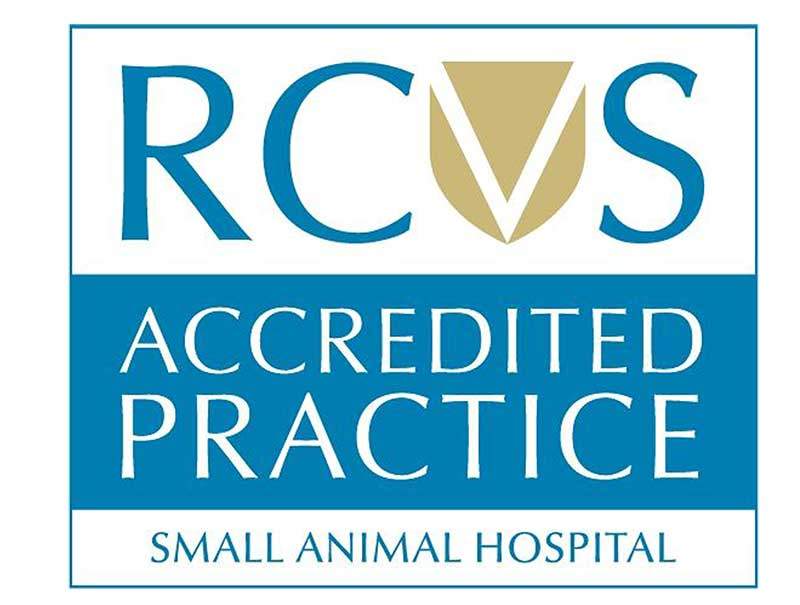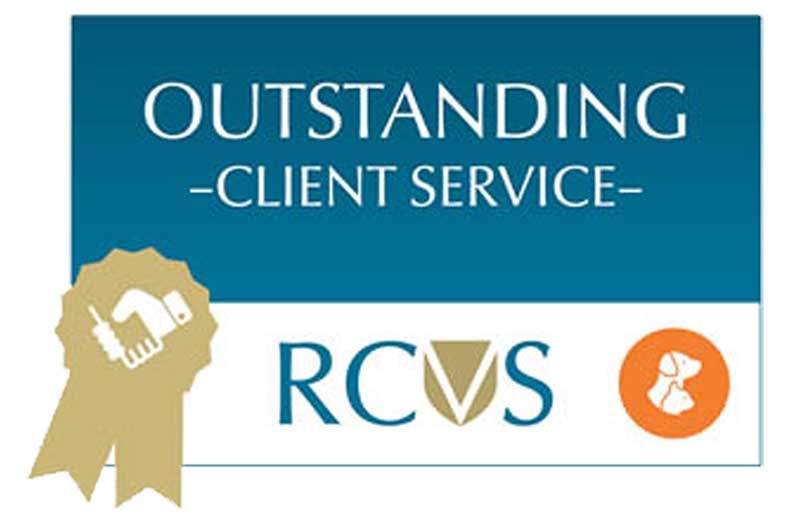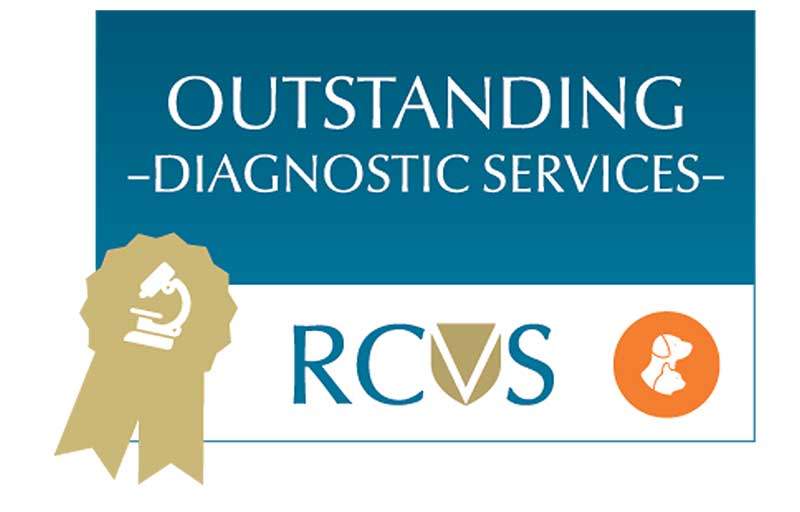Laparoscopic spays are becoming increasingly popular with pet owners, which is driving the demand for veterinary practices to offer a laparoscopic spay as an alternative to a traditional spay. As a laparoscopy is considered the gold standard of treatment in humans, with less postoperative pain, and shorter recovery times, making it a popular choice, people are wanting the same high standard of care for their pets. Here at Northwest Referrals, we have the resources and experience to offer a laparoscopic spay for small animals. Whilst most veterinary practices will offer a traditional spay, not all practices have the resources or additional training to be able to offer a laparoscopic spay. If your clients are requesting a laparoscopic spay, or you, as a pet owner, are seeking a laparoscopic spay for your pet, our team are here to help.
Laparoscopic (Keyhole) Surgery for Dogs and Cats
Keyhole surgery is when two or three small incisions are made, rather than one large incision. A camera is then used to see inside the patient, whilst small pieces of equipment are used to carry out the necessary surgery. This type of surgery is less invasive surgery, as you are not having to open the patient up, with all the associated risks. It does require special equipment and training, which may not be available to all veterinary practices. We work with referring veterinary practices, to provide additional laparoscopic services for your clients.
Benefits of Laparoscopy Spay Compared to a Traditional Spay
There are many advantages to a laparoscopy over a traditional neutering, as with all surgery, however, it is important to consider the risks and consider each case on an individual basis. The smaller incisions used during laparoscopic spaying reduce the recovery time and can reduce post-operative pain. Young animals, that can be hard to keep quiet during the recovery period, can benefit from keyhole surgery. If they do move around more than they should after traditional neutering, there is a risk of the wound re-opening with all the associated risks involved. It is important to consider each animal on an individual basis, as with some very small animals, it may be better to carry out traditional neutering. We will always advise on the best procedure for your pet, to ensure that they receive an exceptional level of care during their spay.
Preoperative Preparation
All surgery does carry a risk, and the best way to help your pet is to ensure that they are as healthy as possible going into their laparoscopic surgery. Make sure that your pet is a healthy weight for his breed type, and if necessary increase his exercise to improve his fitness, and his waistline. Feed good quality food, that is appropriate for his age and condition. Many food brands produce a range of food, and it is important to select the right one. Your pet will be examined before the laparoscopic surgery so that the vet can check their general health and condition before they carry out the spay surgery. You may be given pre-op pet advice by the vet, and it is important that you follow this.
Surgical Procedure
During the laparoscopic surgery, your pet will be cared for by our experienced team. Your pet will be under anaesthetic and closely monitored throughout the procedure. The surgeon will perform three small incisions, one for the camera, and the other two for the instruments. The spay will then be carried out. After the surgery, your pet will be cared for by our nurse team in the recovery room. Once our team are happy that your pet is ready to go home, you be allowed to come and pick them up.
Postoperative Care
Post-operative care is extremely important. Whilst the laparoscopy reduces the risk of problems with stitches reopening, your pet has still had invasive surgery and will need to be kept quiet to allow the body time to heal. We appreciate that keeping young dogs or cats quiet can be a challenge, and if you have concerns about this, please talk to the team, who will be able to offer help and advice. You will be given clear and detailed instructions regarding the care of the small laparoscopic incisions, and guidelines for when you should contact the vets. If you have any concerns during the healing period, always contact us for advice. We will see your pet for follow-up appointments to ensure that your pet is healing well after their spay.
Laparoscopic Spay Costs
Having your pet spayed is important. Spaying prevents unwanted breeding and reduces the risk of various health issues. We believe that a spay should be affordable and accessible for pet owners, and that laparoscopic neutering should be no different. Here at Northwest Referrals, we hold the health and well-being of animals at the centre of all that we do, and will always prioritise this. A spay is not covered by insurance, as it is considered to be preventive treatment, similar to worming or vaccinations. We will always discuss the cost of a spay with you, whether you are a referring vet practice or a pet owner. Our prices are always transparent and clear so that you know exactly what is included in the cost of a spay. We will discuss any complications that could arise during the spay, and any possible extra costs so that you are well-informed before the procedure takes place.
Next Step
Here at Northwest Referrals, we pride ourselves on the high quality of care and service that we give to all of our clients. Whether you are a referring veterinary practice, who wants to work with an experienced team to be able to offer a keyhole spay as an option for your clients or are a pet owner, who wishes to choose a laparoscopy over a traditional procedure for the benefits that it can bring to your dog or cat, we are here to help. To learn more about soft tissue surgery click here, or if you want to discuss booking a laparoscopy then simply contact our friendly and helpful team today on 01942 242001




